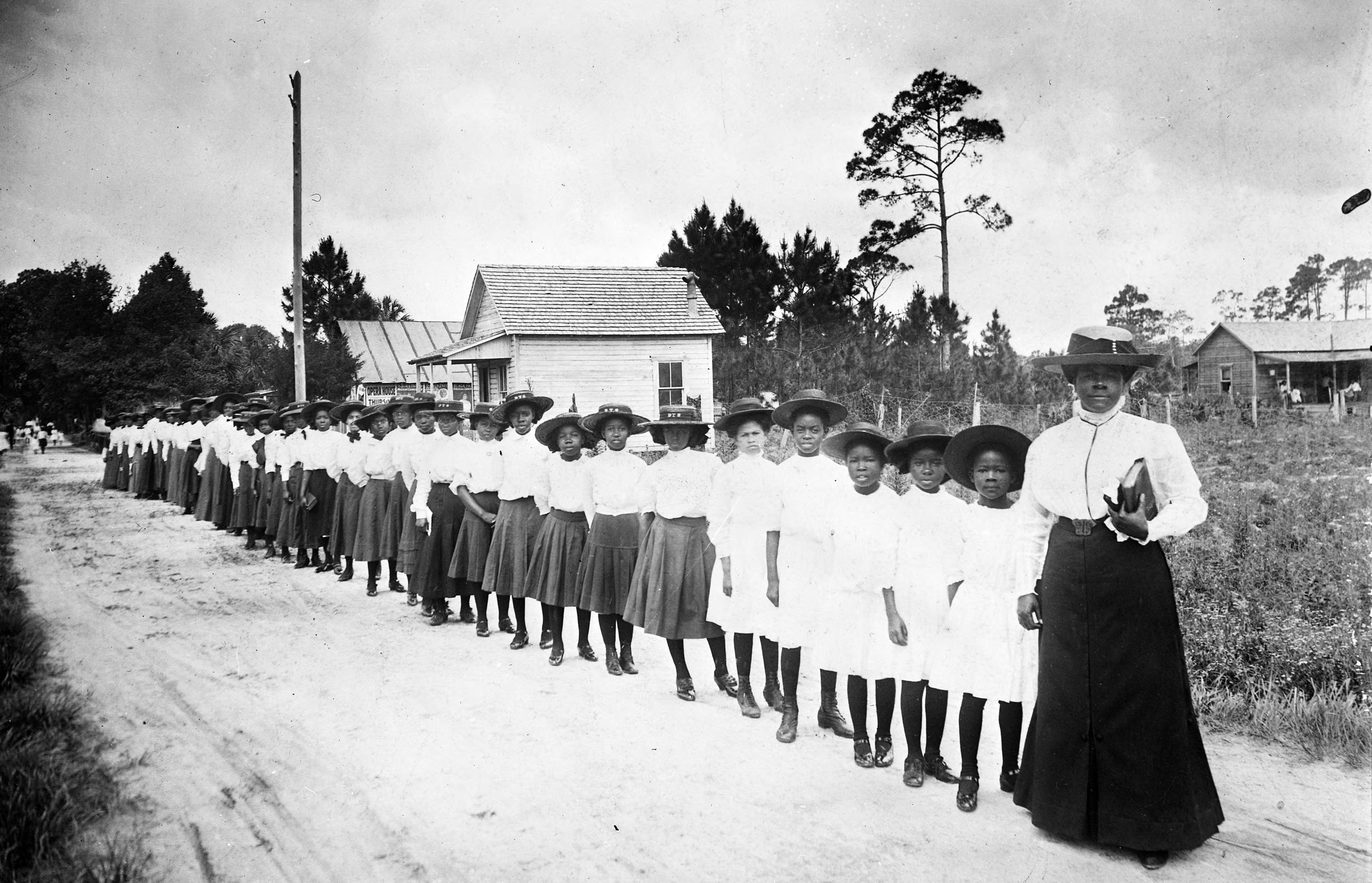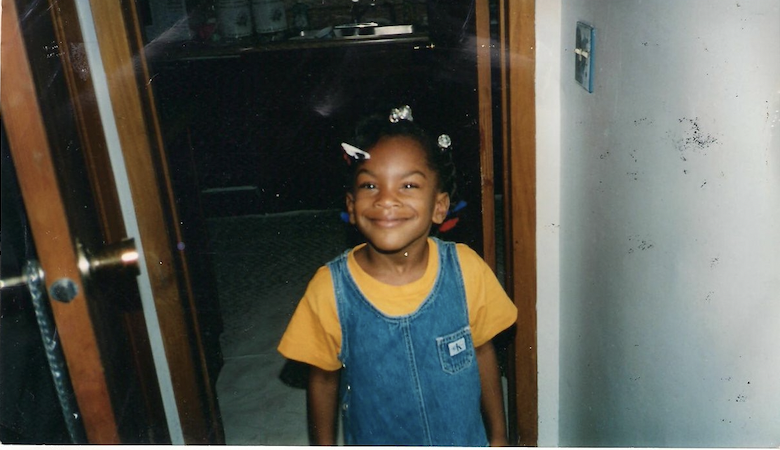Dreaming in Bethune’s Footsteps: Black August and the Future We Owe

Dreaming in Bethune’s Footsteps: Black August and the Future We Owe
I’ve been writing about Mary McLeod Bethune since the first grade. Back then, it was for a school project. Some construction paper, a photo I glued crookedly onto a poster board, and a few big sentences about the school she founded. But even then, I felt something more profound. Her story pulled me in and felt familiar, like a whisper I didn’t have words for yet.
Every year since, I’ve returned to her. Writing essays about her legacy became my way of making sense of my own path; as a young Black girl growing up in rural South Carolina, as someone shaped by land and struggle, as someone who always knew there was something sacred about building institutions rooted in love and purpose.
Now, decades later, I still write about Mary. But I also try to live what she taught.
A Mirror in Her Legacy
Mary McLeod Bethune’s roots weren’t far from mine, both geographically and spiritually. She was born in rural South Carolina, in a family shaped by Reconstruction and refusal. My family lineage serves as a mirror to hers. She picked cotton before she picked up books; a story my grandmother and great grandmother would tell me about their childhood while teaching me how to read. She knew how to stretch five dollars into a school, a federation, a movement. My great-grandmother Alyce taught in a one-room freedom school for many years before moving into an integrated school. Her English classroom was the home that fed my curiosity. And she believed that freedom required more than protest; it required infrastructure.
Bethune’s story gave me a way to understand my own. I didn’t always see myself as a leader. I saw myself as someone who worked behind the scenes supporting, organizing, and building what needed to be built. But every time I returned to her story, I saw a Black woman who created with clarity and audacity, not because she had everything figured out, but because she trusted in her people, in God, and in herself.
That mirror has shaped how I show up in movement spaces and in my leadership at Cypress.
The Meaning of Black August
Black August is a time of reverence and reckoning. A time to remember freedom fighters, especially those behind bars, and to study how Black people have organized, strategized, and resisted across generations.
But Black August is also a time to return inward. To ask: What are we building? What are we passing on?
For me, Black August has always been about the long view. And that’s where Mary’s legacy shines so clearly. She didn’t just rise to meet the urgency of her moment. She built institutions to outlast it. She believed in preparing people. Training them. Trusting them. And she never lost sight of who she was doing it for.
That same commitment lives in the work we do at Cypress Fund. We were born out of urgency, yes, but also out of long-term vision. We move money to North and South Carolinian BIPOC-led organizing not just to respond to crisis, but to build something rooted and lasting.
We know the Carolinas, like the rest of the South, are not a philanthropic afterthought. They are the frontline. And funding here must match the depth of what people are holding: tenant power, land reclamation, mutual aid, cultural work, healing justice, and governance strategy.
And we’re not doing it alone. We are doing it together, in the spirit of Simuneye, which means “together we are one.” That principle guides every move we make, and that’s why I’m so proud to announce the next step in our journey:
Introducing the Maroonage Fellowship
This Black August, Cypress Fund is launching the Maroonage Fellowship, a new initiative to support rising HBCU seniors and recent graduates in South Carolina who are rooted in justice, land, and legacy.
Named for the radical act of escaping bondage and building free Black communities outside of the plantation system, maroonage is not just flight; it is formation. It is what Mary McLeod Bethune did when she turned five dollars into a school. It is what Black folks still do when they dream, organize, and build in places most people ignore.
This fellowship will offer those students space to study, lead, and grow as they are surrounded by movement elders, organizers, and Southern political lineage. It’s not just a program. It’s a political home.
It’s also a reflection of my own journey. I was one of those students once; bright-eyed, unsure, shaped by red clay roads and church pews and Friday fish fries and the contradictions of the South. And I was lucky to have people who saw something in me. People who made space for me to lead before I knew I was ready.
The Marronage Fellowship is about making that kind of space — structured, resourced, and rooted, for the next generation.
What Mary Taught Me About Freedom Work
Mary McLeod Bethune taught me that leadership doesn’t start when others crown you. It starts when you trust your people and follow the call. She showed me that freedom work can be slow, strategic, joyful, and deeply rooted in Black Southern life.
She also taught me something I carry every day as a leader: you don’t have to be perfect to be powerful. You just have to be willing to begin.
Cypress Fund was born from that willingness. And the Maroonage Fellowship continues it.
Join Us
We’ll be sharing more about the fellowship in the coming months; how to nominate, support, and connect with our first cohort. But today, I just want to offer this:
To all the churn, covered in red clay and dreaming from dirt roads, wondering if your story matters, it does.
To every Southern organizer trying to build with limited resources, we see you.
And to every person who has been holding a dream that feels too bold to say out loud, say it. Begin it. Let it live.
That’s what Mary would want. That’s what Black August asks of us.
And that’s what we’re building at Cypress: a place where freedom is resourced, leadership is loved into being, and the next generation doesn’t have to wait to be seen.

Signed,
Chi




